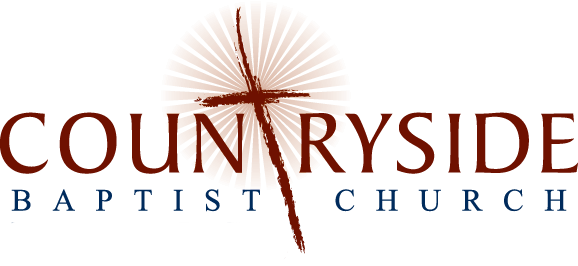The Way Home | Genesis 26:12-33
Genesis 26 reveals an amazing, incredible picture of God’s grace in that God continued
to bless Isaac though Isaac had chosen a path of disobedience to the will of God.
Genesis 26 also shows us that God’s lordship demands disciplinary measures in spite
of the blessings, and in this case, the immensity of the discipline is measured by the
abundance of blessings. Isaac eventually found his way home, and so can you. When
you finally arrive, you will discover that that God holds no grudges, but instead,
welcomes you home.










